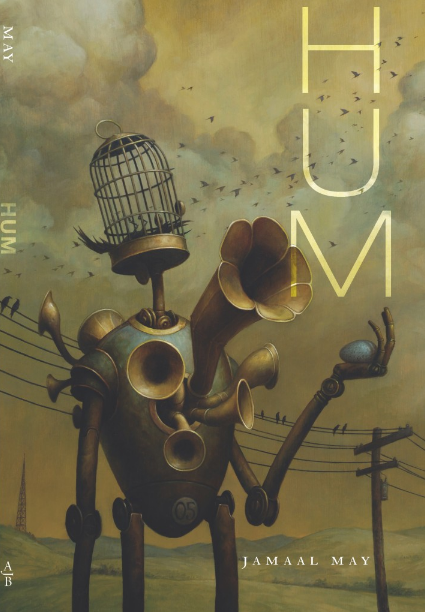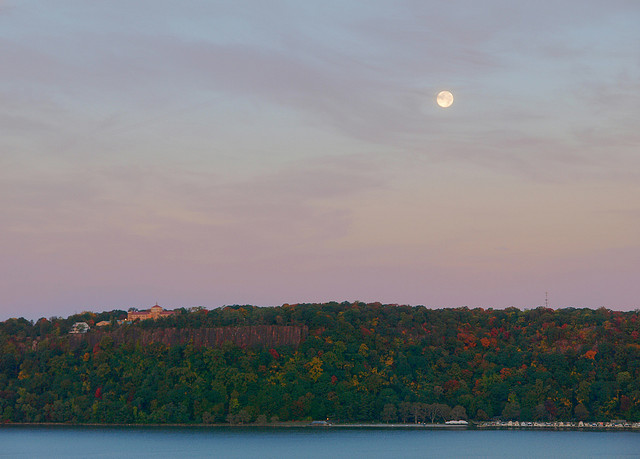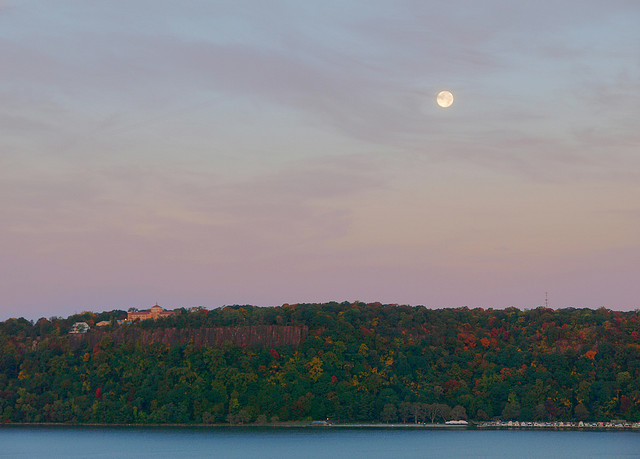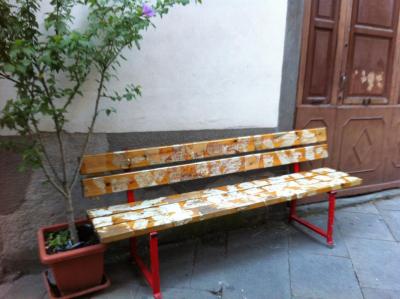This month’s recommendations from The Common’s contributors and staff deal with the intersection of old and new, ancient and modern, on every level—personal, religious, political, even supernatural. Perhaps in the spirit of the season, we seem preoccupied by stories of intergenerational strife, love, and ambition. In their urgent focus on belief and truth-seeking, these books represent a literature of searching, a catalogue of quests across time and around the world.
Recommended:
To the End of June by Cris Beam, The Harafish by Naguib Mahfouz, We Others by Steven Millhauser, Hum by Jamaal May, High as the Horses’ Bridles by Scott Cheshire.





